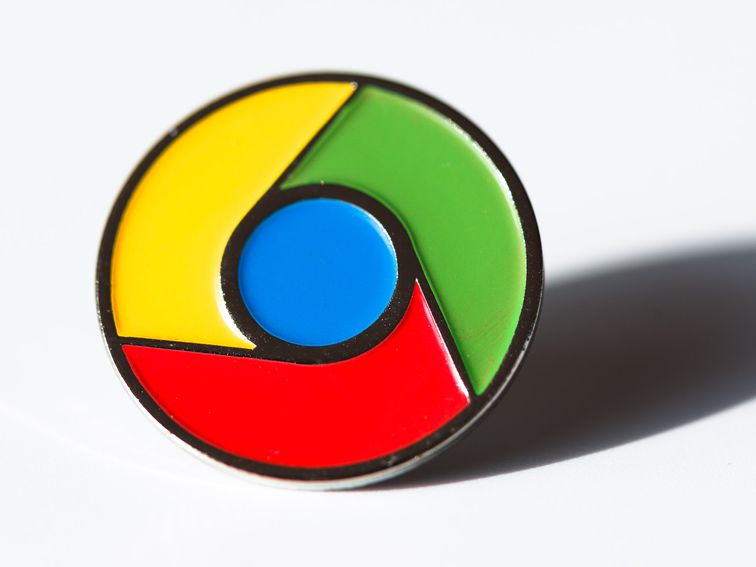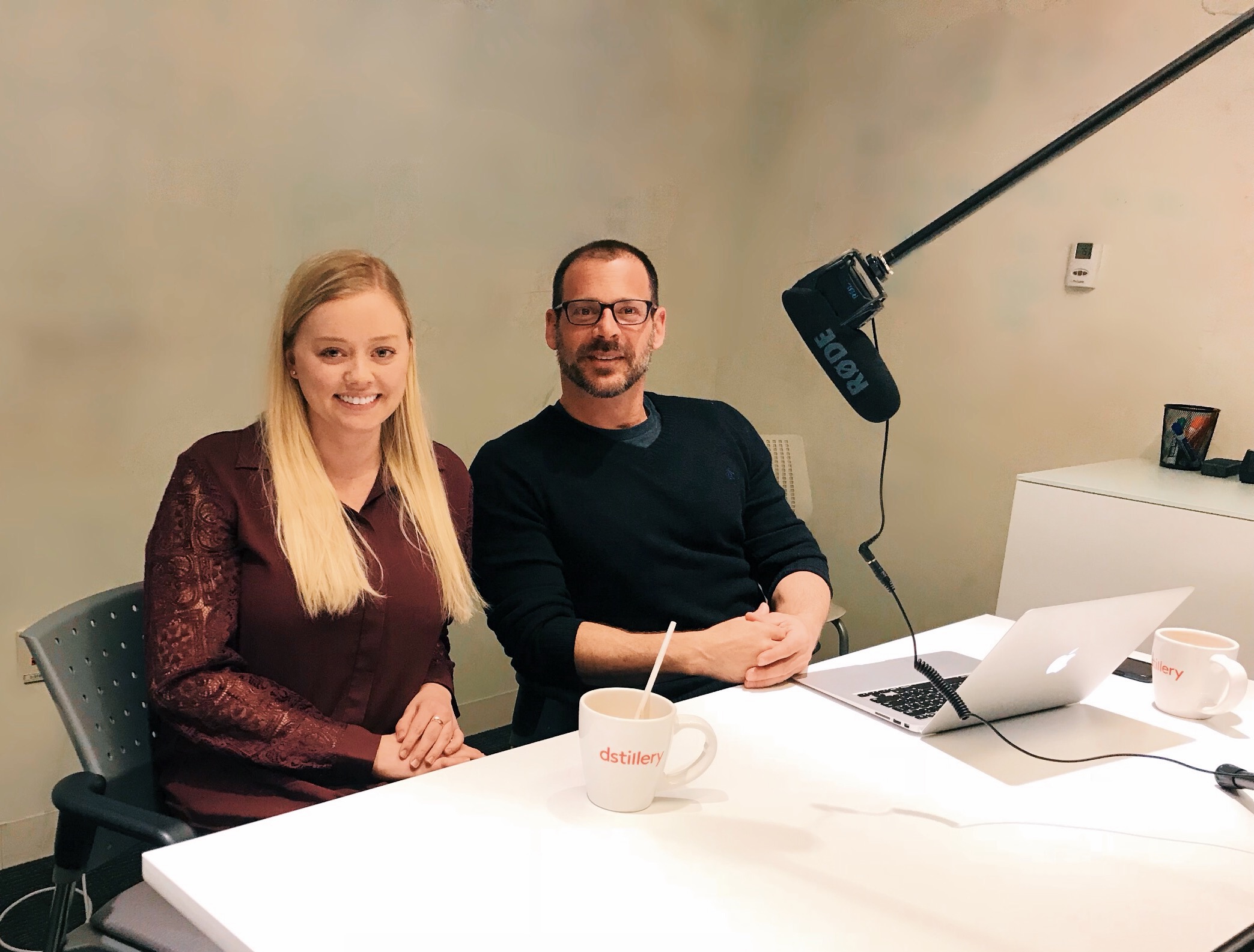Momentum Behind Ad-Tech Innovation & Privacy Goes Beyond Cookies
Google’s timeline shift for its retirement of support for third-party cookies in Chrome, announced June 24, 2021, was met by the programmatic advertising industry with relief. And with good reason: Most of the industry was simply not ready for the transition to happen in the first quarter of 2022.
Under the new timeline, Chrome’s phase-out of support for third-party cookies will begin in the middle of 2023, exactly two years from now. With that longer horizon, it might be tempting to power down efforts to develop alternative targeting and measurement technologies, and address it in the future, maybe in mid-2022.
To do so, though, would be to waste a powerful opportunity.
Over the last six months, the industry has seen an explosion in innovation in preparation for the change and has developed tremendous momentum. The new class of emerging solutions has been inspired by the threatened imminent demise of cookie-based targeting, but their value propositions are aligned with the more macro trend of rising consumer privacy standards.
Indeed, Chrome’s third-party cookie retirement is less of a one-off catalyst for more privacy-friendly targeting than it is a punctuation of a multi-year trend. Regulations like GDPR and CCPA and commercial moves by Apple and Mozilla have all set the stage for Google Chrome’s final act in support of third-party cookies.
The previous short-term timeline was a wake-up call for the programmatic advertising ecosystem.
Advertisers faced a probable disruption to their programmatic campaigns & ROI. Agencies faced a discontinuity in their digital services and revenue streams. Publishers faced a precipitous decline in the value of their ad inventory. And advertising technology companies faced what for many would be an existential reckoning.
Faced with this imminent disruption, the whole programmatic ecosystem has been investing behind a wave of innovation that includes a host of new opt-in identity solutions, publisher-led targeting solutions, and new privacy-compliant targeting techniques built around signals that are not user-based. That momentum has been breathtaking to behold and has inspired a renaissance for the advertising technology industry that has included renewed investor interest, appreciating valuations, IPOs, and strategic M&A.
In 2020, Dstillery introduced a cookie-less solution that we call ID-free Custom AI ™*.
It is ID-free™ because it enables targeting without knowing anything at all about the user seeing the ad. Custom AI, because it uses a bespoke AI model, powered by a brand’s own first-party customer data.
Best of all, our ID-free Custom AI performs on-par with our best cookie-based targeting solutions, and outperforms contextual, the next-best alternative to cookie-based targeting.
Our ID-free targeting is creating a new category of ad targeting — a third way. It starts with an understanding of the common digital journeys that an individual brand’s customers take to conversion, and targets moments in that journey, without tracking or relying on cookies.
While the imperative to replace third-party cookies has become less immediate, we as an industry should ride the cresting wave of innovation to address the macro condition of rising consumer privacy standards and capitalize on the powerful momentum we have built. We now have more time to test new technologies, to learn and adapt them, and to deploy them well ahead of the catalyst.
Adopting new and innovative solutions now, including Dstillery’s ID-free Custom AI, can provide real value-add today, demonstrate the industry’s respect for consumer privacy, and de-risk the retirement of third-party cookies, whenever it occurs.
Questions? Contact us today.
*Patent Pending

